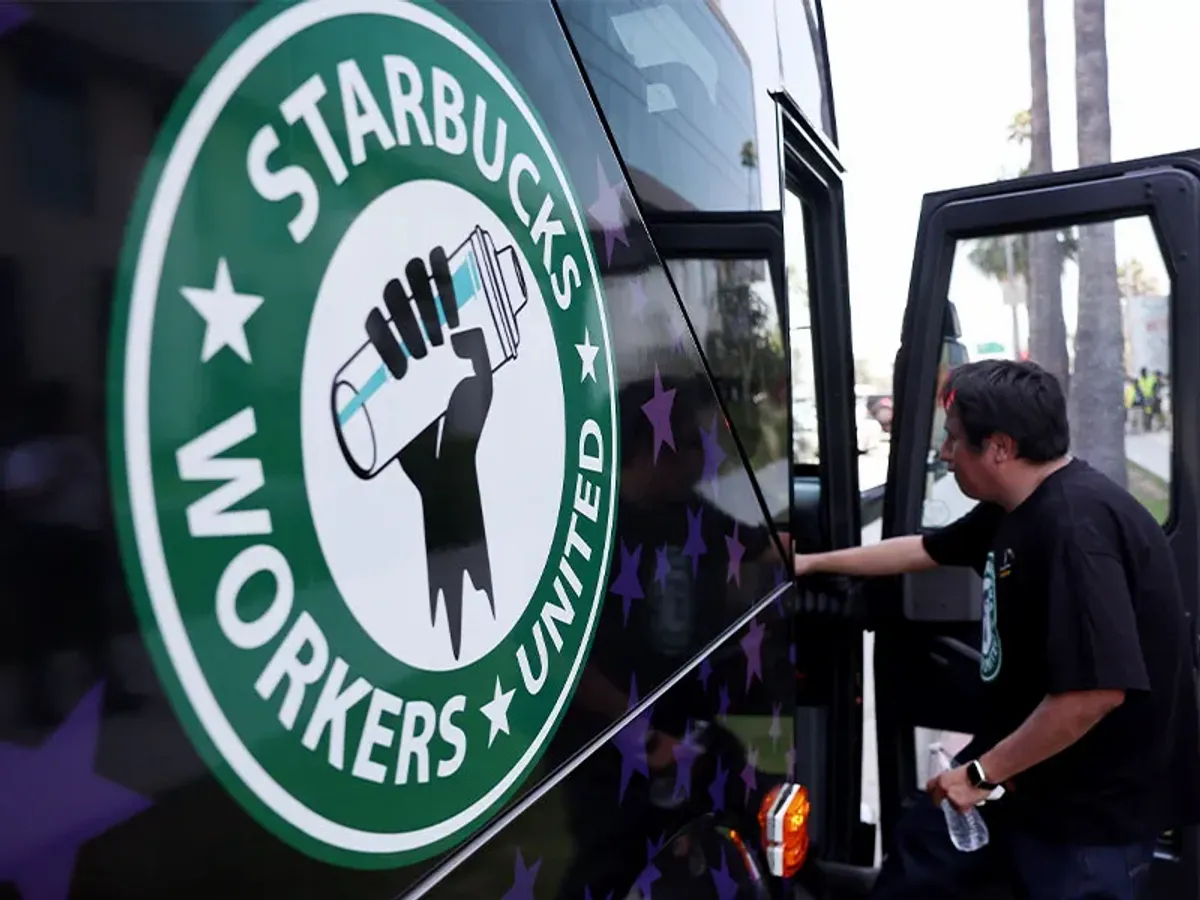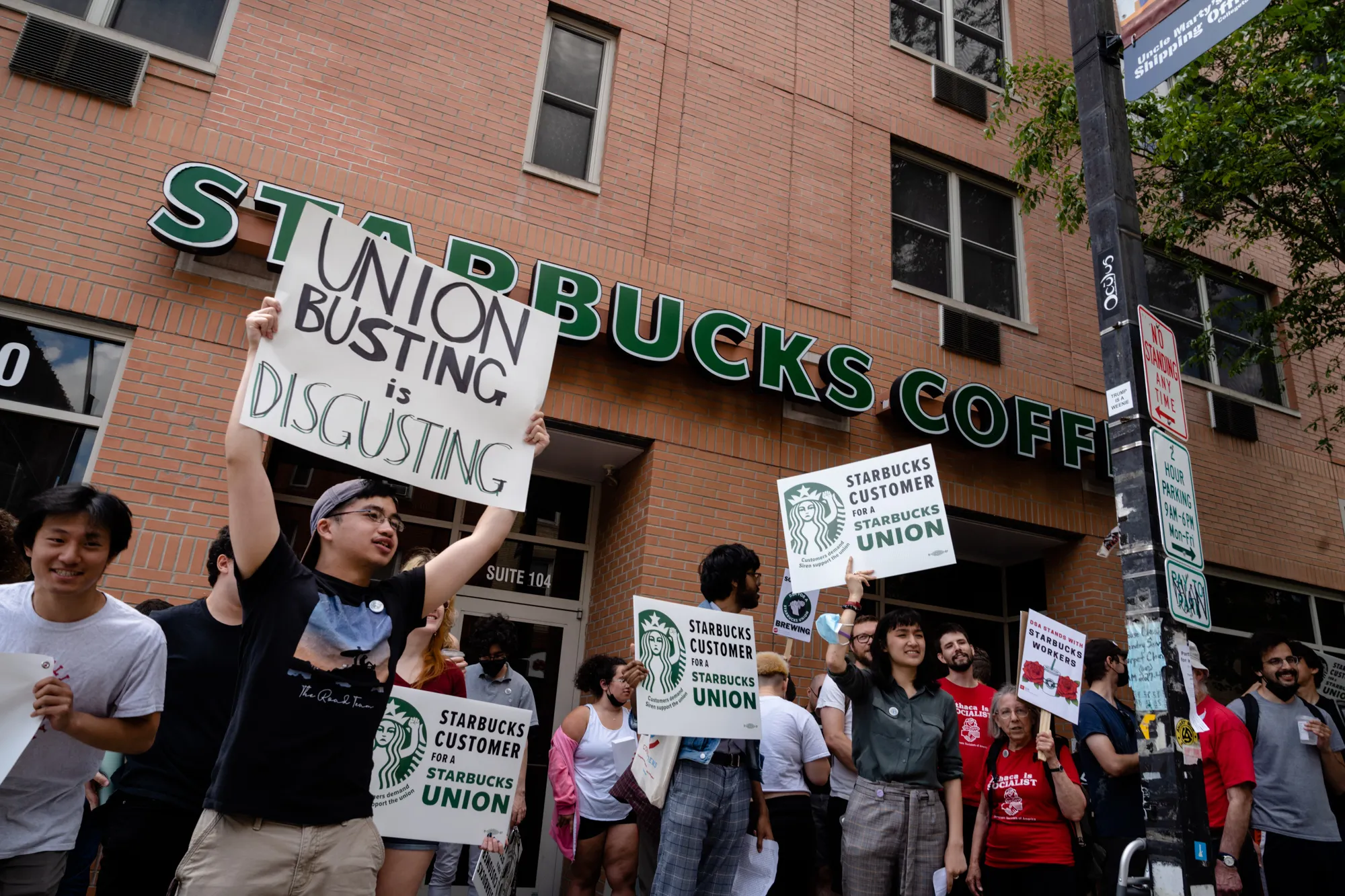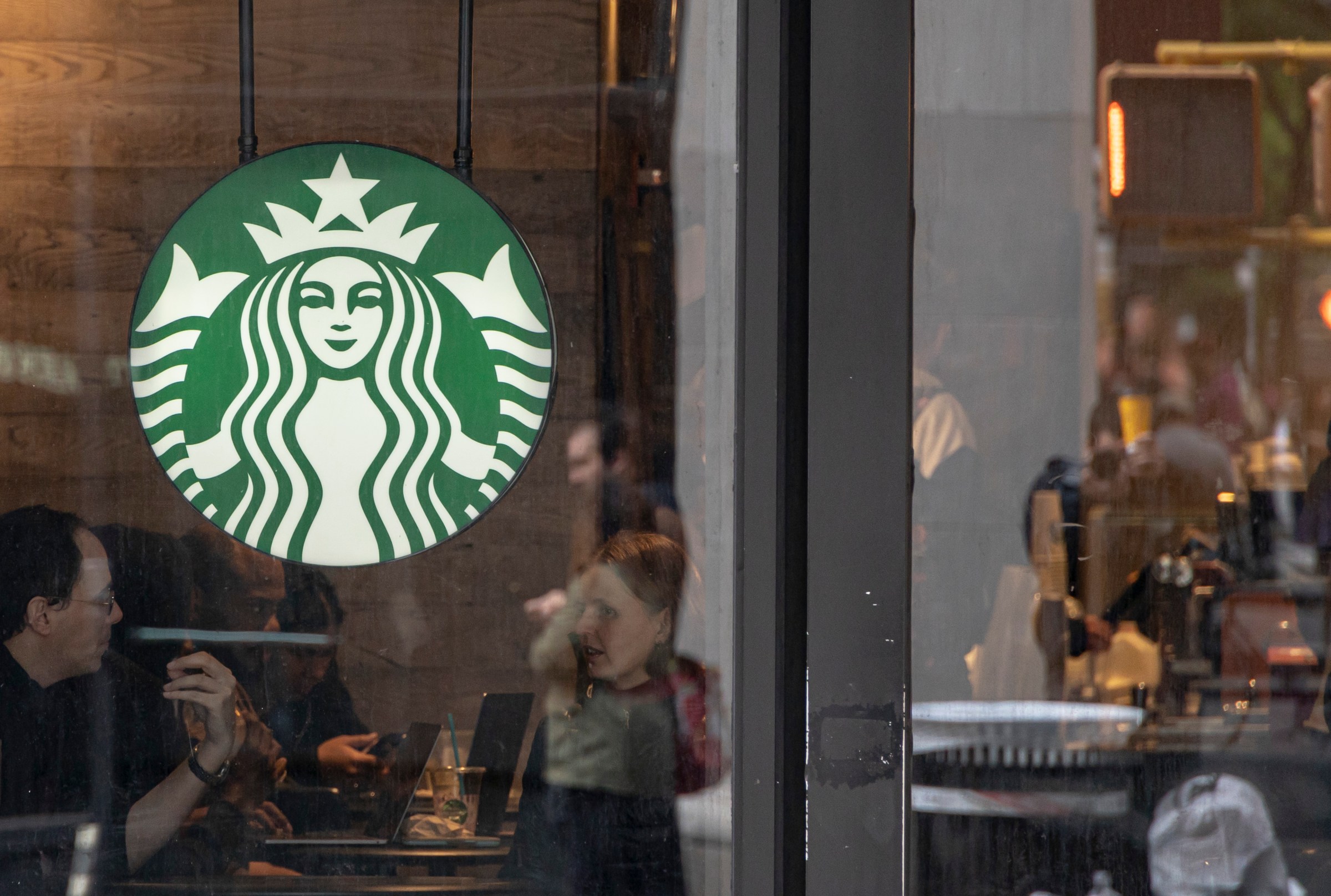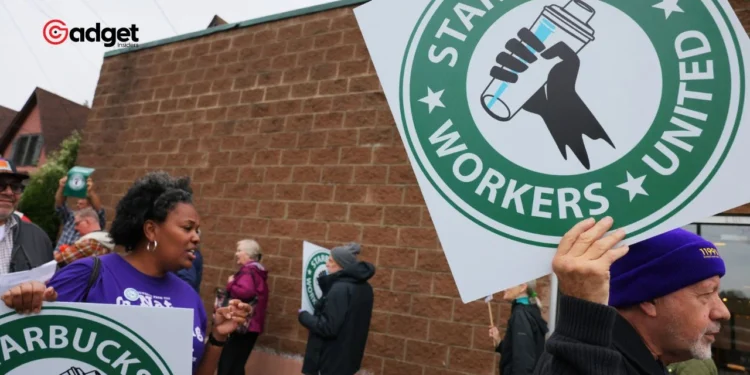In a recent surge of dissatisfaction, Starbucks customers are vocalizing their discontent following another price hike that has seen everyday favorites like the venti mocha exceed the $6 mark. Andrew Buckley, a once-loyal patron from Idaho and a self-described “mocha guy,” represents a growing number of consumers who feel pushed to their financial limits.
Buckley, distressed by the inflationary pressures, expressed his frustration, stating, “It was the straw that broke the camel’s back on my feelings of inflation in general. It’s like, ‘That’s it. I can’t do it anymore.'”

A Shift in Consumer Loyalty Amidst Economic and Political Tensions
The backlash isn’t solely about the price. It intertwines with broader political and social concerns, adding layers to the customers’ grievances. The company’s attempts to suppress unionization efforts and its entanglement in geopolitical issues, notably the Israel-Gaza conflict, have sparked calls for boycotts that threaten to tarnish the brand’s reputation.
Starbucks’ Sales Slump: A Deeper Look
Starbucks reported a significant dip in global sales, with a 1.8% drop year-on-year at the start of 2024. More tellingly, sales in the U.S., its most crucial market, fell by 3% at stores open at least a year.
This marks the most substantial decline outside of periods impacted by the pandemic and the Great Recession, signaling potential trouble ahead not just for Starbucks but perhaps indicative of a broader economic downturn.

From Protest to Policy: The Union Battle and Consumer Advocacy
Union activists have long criticized Starbucks for discrepancies between its progressive public persona and its corporate practices, particularly concerning worker rights. The battle reached new heights when Starbucks took legal action over a union’s social media post expressing solidarity with Palestinians. This legal move escalated into broader boycott calls, intensifying the firm’s public relations challenges.
The Road Ahead: Corporate Strategies and Market Recovery
Amidst these tumultuous times, Starbucks is not stepping back but is instead doubling down on its expansion plans. Laxman Narasimhan, the CEO, admitted to the disappointing sales but remains optimistic about recovery through new menu items, improved service, and aggressive promotions.
CFO Rachel Ruggeri echoed this sentiment, suggesting that while recovery might be slow, the company is on a path to regain its footing.
Consumer Sentiment in a Changing Market
On the streets and in the cafes, the sentiment is mixed. Some loyal customers, like Maria Soare from Washington, DC, still frequent Starbucks but admit the charm has diminished since the pandemic. Others, like 16-year-old Veronica and her friend Maria Giorgia, feel the company has lost its allure, transitioning from a trendy hangout to just another convenient chain.

As Starbucks navigates through these choppy waters, the company’s ability to adapt to both economic pressures and shifting consumer expectations will be crucial. The coming months will be telling, as Starbucks strives to not only revive its sales but also restore its image among those who once viewed it as a symbol of affordable luxury and ethical business practices.










